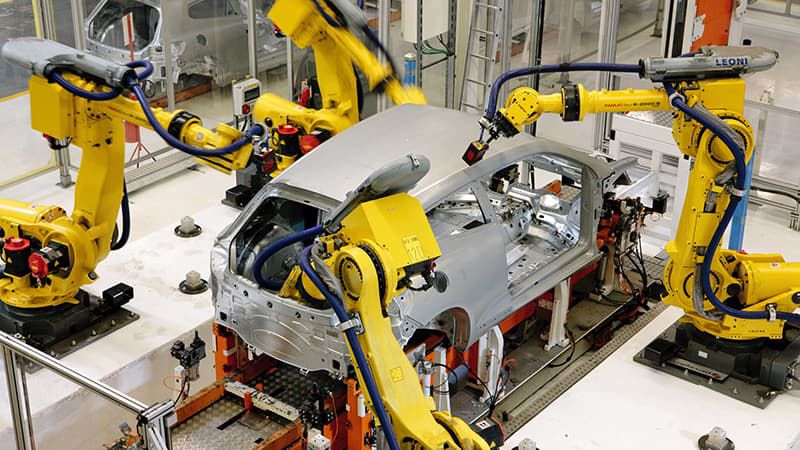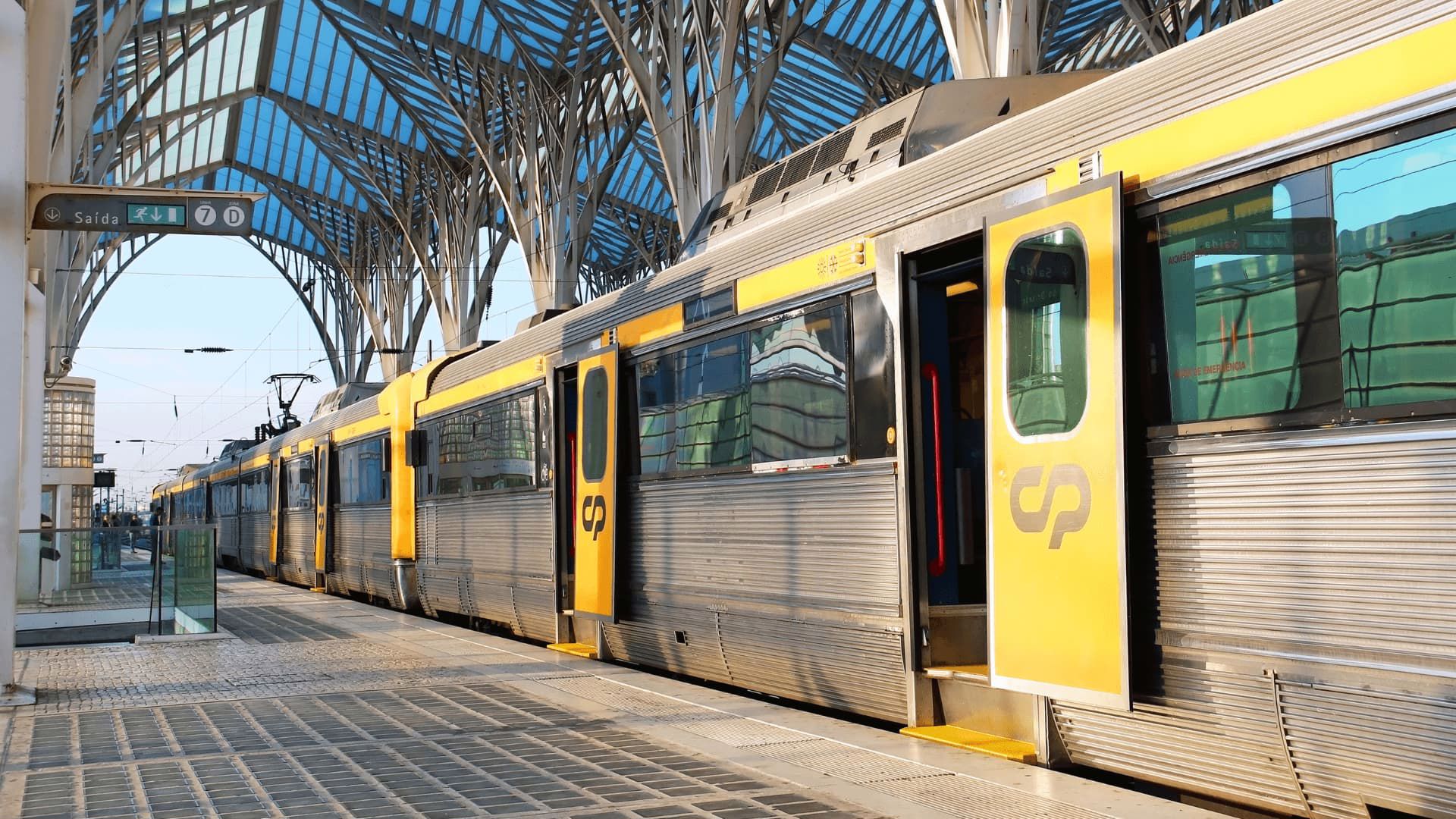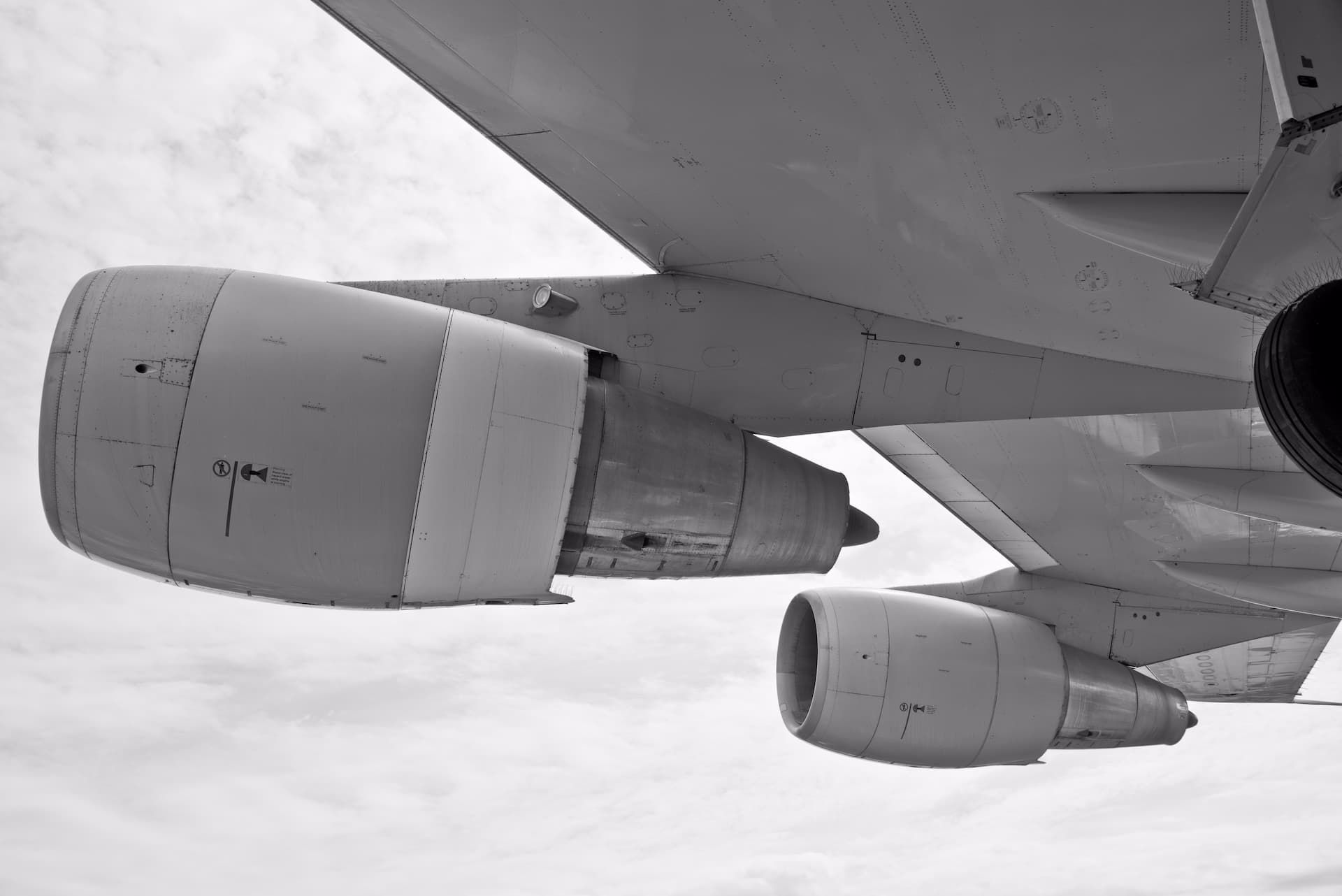Overview
The mobility cluster encompasses the automotive, two-wheel, rail, and aeronautics industries. It is one of the leading exporters in the Portuguese economy and is a natural destination for specialised investment geared towards the global market. Sustainability and digital transformation are motivating factors that cut across mobility industries.
The mobility ecosystem involves universities and training centres, engineering and product development centres dedicated to the research and development of innovative solutions, and R&D centres set up in Portugal, all of which contribute to defining the future of mobility.
Portugal also manufactures vehicle interface equipment and develops decisive technological systems to move the country and the world. Portuguese expertise also includes specialised services such as vehicle and component testing, connectivity, autonomous driving, and various MaaS - Mobility as a Service - solutions.
The Mobility cluster exports around 90% of its production.
Automotive industry

Portugal exports vehicles, components, and systems developed and manufactured in the country. Every day, cars, lorries, buses, and components give life to major global brands and help move people and goods out of Portuguese factories.
The global commercial orientation of the Portuguese automotive industry has components as the main driving force behind the automotive sector, which is the leading mobility industry. Electronic, metallic, plastic, composite and textile components, among others, make up the national offer of an industry historically linked to metalworking but currently has technology as its most significant contribution. Added to this is the high quality of Portuguese engineering, which has been applied in developing software that connects cars from the world's leading manufacturers.
The Portuguese car industry exports to 187 countries.
Bicycle industry

Increased interest in healthier lifestyles, global concerns about climate change, and the consequent demand for sustainable transport alternatives have boosted global demand for bicycles. This worldwide trend has positively impacted the bicycle manufacturing sector in Portugal, whose industry has proved capable of responding to growing demand.
Portugal is one of Europe's leading bicycle producers, supplying almost a quarter of the region's bicycles. The sector's business fabric, mostly of SMEs, is recognised as a reliable partner in the foreign market, proven by the growing value of exports and the diversification of international clients. The country exports to around 80 markets, with the main customers being sophisticated European countries.
The Portuguese ecosystem benefits from a production centre that allows for solid synergies between the companies that assemble bicycles, the OEMs, and the accessories manufacturers, including handlebars, brake pads, child seats and helmets.
A commitment to skilled labour, automated machinery and increased production support technology has driven the sector's development.
Portugal is the 11th largest exporter in the world in the two-wheel industry, exporting to 135 countries.
Railway industry

The Portuguese railway mobility offer - rolling stock, railway infrastructure, services - is aimed at OEMs and Tier 1s, railway operators and international railway infrastructure operators. Many components and systems are developed in Portugal for heavy rail (trains) and light rail (metro, tram).
Interface equipment between rolling stock and railway infrastructure, such as signalling and passenger information, is developed in Portugal and exported worldwide, as are other specialised railway services and ticketing.
Interoperability is the keyword in an industry that wants to make a decisive contribution to sustainability in the mobility of the future.
The Portuguese railway industry exports to 69 countries.
Aeronautics industry

From Portugal to the world are exported components (metal and composite), moulds, machinery and support tools, and products that add value to the business fabric's capacity to present design, engineering and software development solutions critical to the aircraft of the present and the future.
The Portuguese aeronautical industry has taken part in several international aeronautical programmes, from the most varied OEMs, which recognise the quality of Portuguese solutions developed in the fields of aerostructures, machining of parts and tools, critical navigation systems, electronics and software, maintenance, repair, overhaul and testing of aeronautical components.
The Portuguese aeronautics industry currently contributes to the modernisation of existing fleets and the implementation of new aeronautics and advanced air mobility programmes in the development, manufacture and operation of UAS/Drones as a service.
The Portuguese aeronautics industry exports to 95 countries.




